How we breathe is typically not on the forefront of our minds. Breathing is involuntary, which means we give it very little thought since our bodies execute this function naturally. It is important to be cognizant of how we breathe, both when we are awake and when we are asleep.
Yes, it is true, you cannot consciously control your breathing when you are asleep. However, there are steps you can take to set yourself up for a good night’s rest. Being more mindful of your breath during the day is a great start. This will allow you to form habits that will contribute to better sleep at night.
Breathing properly while asleep is key to replenishing your body with the oxygen and energy it needs to function on a daily basis. It is critical that you are aware of how improper breathing can affect your body, so that you can make choices to improve your overall health.
Breathe Through Your Nose, Not Your Mouth
As human beings, we are meant to be breathing through our nose and eating through our mouth. However, many people breathe through their mouths during the day and while asleep.
Breathing through the mouth while asleep can be detrimental to your health. This way of breathing means you are taking in too much oxygen through the mouth and it is not being dispersed correctly to other parts of the body that need it.
Sleep disorders such as sleep apnea can be caused by improper breathing. Therefore, it is necessary that you correct this habit and inhale through your nose while asleep.
When we breathe through the nose, we can increase the oxygen uptake in our bloodstream. This allows more oxygen to reach our tissues and organs. This slow, calm breathing lowers blood pressure and makes for a more relaxing, deep sleep.
Effects of Improper Breathing on Sleep
Improper breathing at night can affect your ability to sleep and your capacity to focus on everyday activities. If you wake up in the morning and feel short of breath or experience frequent morning headaches, this is a sign you are not breathing correctly throughout the night.
As mentioned, improper breathing can lead to sleep disorders such as sleep apnea. This disorder is characterized by brief moments where you stop and start breathing. If you snore frequently and often feel fatigued, you might have sleep apnea.
This disorder can also result from a deviated septum or an inability of the brain to send the correct communication signals to your muscles. If you think you may have sleep apnea, it is encouraged that you make an appointment with a physician.
When you have trouble sleeping, it can affect your everyday life. People who struggle to get quality sleep often experience mood swings and irritability. In addition, it can be more difficult to focus on work or school when you feel fatigued. Therefore, it is crucial that you pay attention to your breathing and form the habit of breathing through your nose at night.
Techniques for Improving Your Breathing While Asleep
Breathing correctly throughout the night starts by establishing good breathing habits during the day. There is a wide variety of exercises available to practice deep breathing so that you can sleep better at night.
One recommended strategy is the 4-7-8 Breathing Technique. To complete this exercise, breathe through your nose to the count of four. Hold this breath to the count of seven. Then, exhale through your mouth to the count of eight. This is a simple exercise that will immediately lower your heart rate and help you to relax.
Another technique is diaphragmatic breathing. In order to do this, you must fully engage your abdominal muscles and breathe deeply from your belly. First, find a comfortable position in a chair or on the floor. Place one hand on your upper chest and the other on your stomach. Breathe in deeply through your nose and hold for a couple of seconds. Make sure your chest remains still and purse your lips as you exhale.
There are also guided sleep meditations such as body scan or visualization that can help you practice deep breathing and enter a more relaxed state of mind.
minder by obVus Solutions provides breathing exercises that can help you to be more mindful of your breath and fall asleep with ease. You are able to watch your breath in real-time to lower your heart rate and calm your thoughts. This is a great tool in improving your breathing while awake and asleep.
How to Prepare for Proper Breathing at Night
In addition to breathing exercises, there are other steps you can take to breathe better at night. Throughout the day, practice taking deep, long breaths. If you are more conscious of your breathing during the day, you will naturally focus more on your breathing before going to bed.
Eating a well balanced diet and exercising regularly will help you breathe better and achieve a deeper sleep at night. Obesity is a leading cause of inability to sleep and can lead to sleep apnea. Focusing on your health and fitness goals is a great step toward experiencing deeper sleep.
Getting 8 hours of quality sleep each night can help us feel more energized and productive during the day. If we can breathe better, we can sleep better. Sleeping gives our body the chance to replenish its oxygen at the cellular level. Focus on your breathing throughout the day and practice various exercises to learn how to control your breath. Your body and mind will thank you.



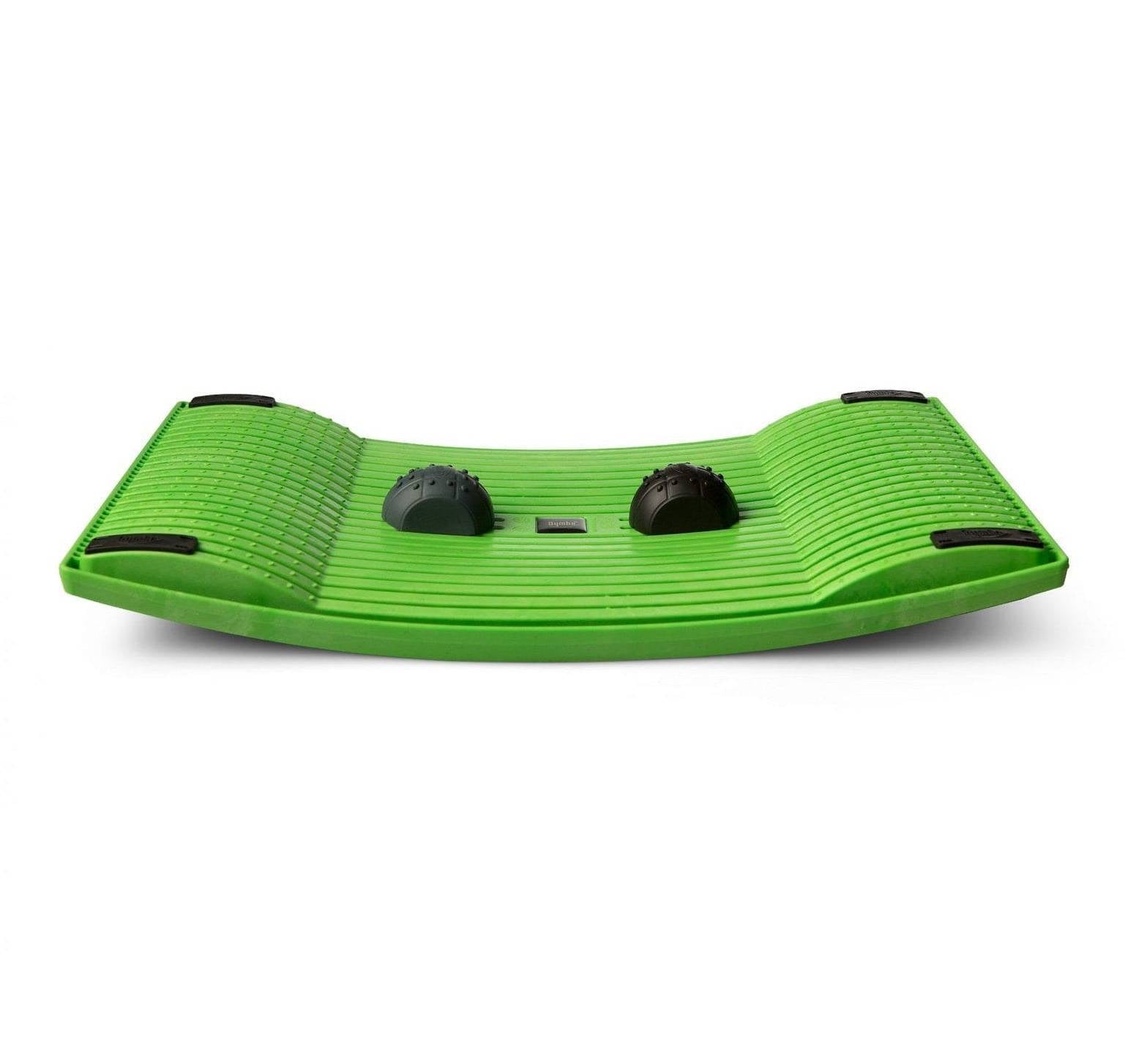
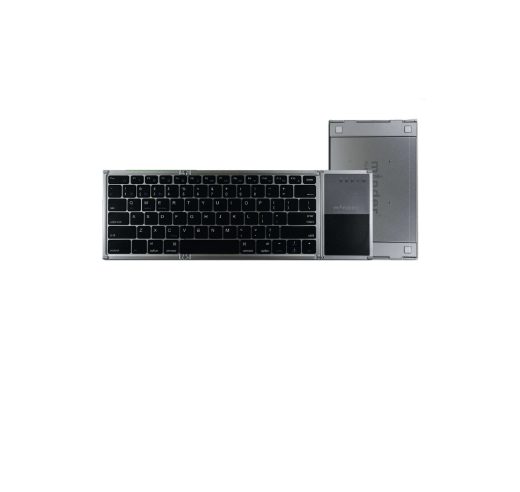
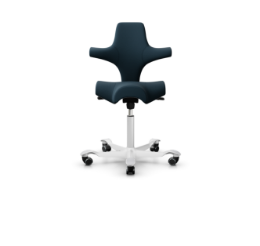



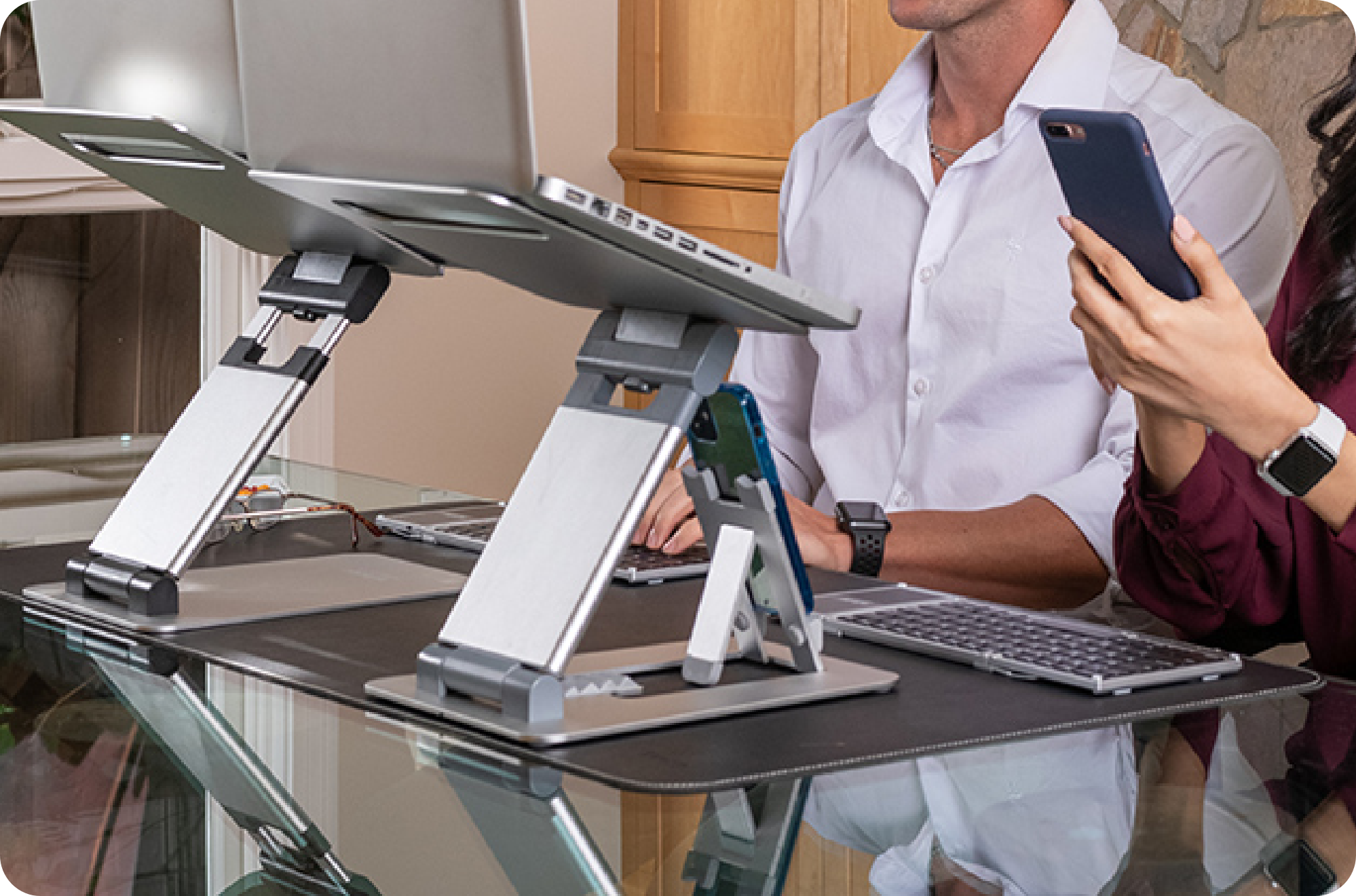
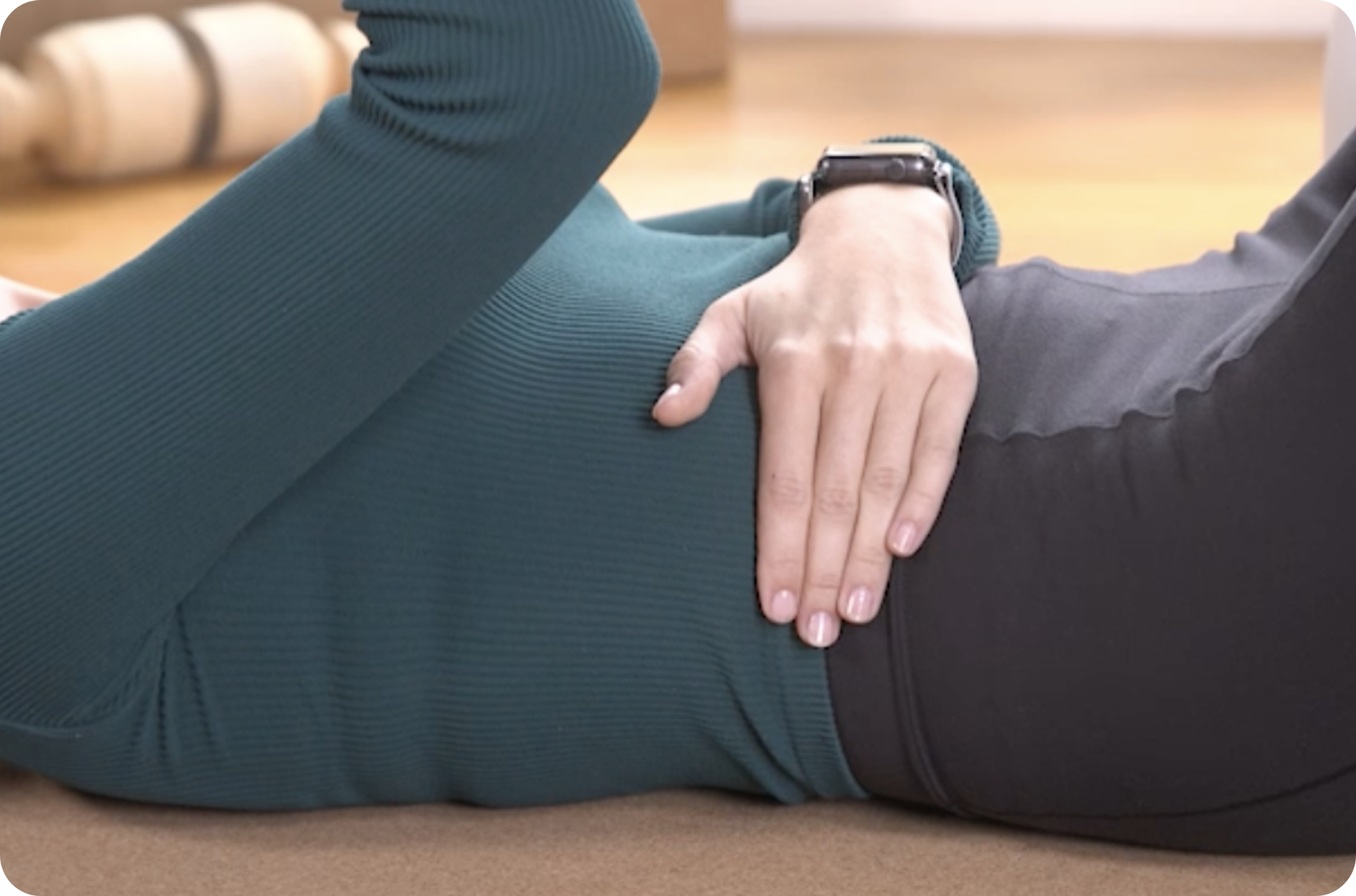




Leave a comment
All comments are moderated before being published.
This site is protected by hCaptcha and the hCaptcha Privacy Policy and Terms of Service apply.